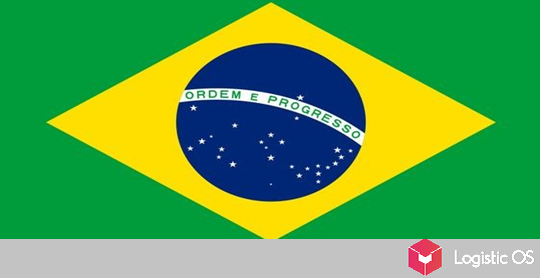At the National Commodity Exchange from August 1 to October 21, transactions were carried out for 1 million tons of grain, 15 billion rubles were spent on them.
At the same time, on October 21, for example, the Ministry of Agriculture purchased 34,000 tons of grain for 512 million rubles.
Will the plan succeed?
According to this plan, by the end of the year, the department should purchase up to 3 million tons of grain during interventions.
Dmitry Rylko, director general of the Institute for Agricultural Market Studies, believes that the likelihood of meeting the schedule is quite high, because the Ministry of Agriculture is actively working in this direction.
However, the point is not only in the work on the site of the exchange, the number of elevators included in this work plays an important role, because only they allow us to solve the problem of grain storage.
In addition, in order to fulfill the plan, it is important to expand the geography of purchases throughout the country.
Alexander Korbut, vice-president of the Russian Grain Union, agrees with this opinion. He noted that the department does not skimp and buys grain at a price much higher than the market, so there are no problems with supply at such prices.
Therefore, the purchase plan in the amount of 3 million tons of grain by the end of the year may well be fulfilled.
True, the expenses of the Ministry of Agriculture may become a problem: 15 billion rubles have already been spent, and the total amount that will be spent on these grain interventions may reach 45 billion rubles.
And this is without taking into account the cost of storage, insurance, and so on. As a result, the agricultural department will have to pay a very large amount.
It’s easier to participate in MOA interventions
There are enough bidders who would like to sell their harvest to the Ministry of Agriculture. And the point is not only in high purchase prices, but also in the fact that the legislation has been simplified, thanks to which it is now easier to become a participant.
For example, an auction is now considered to have taken place even if only one company took part in it.
In addition, even those enterprises for which crop production is not the main activity, but a secondary one, are allowed to participate in it. All this simplifies the access of grain to the auction.
In general, the interventions of the Ministry of Agriculture have been more or less successfully carried out for more than 20 years, since 2001.
They perform two functions: supporting farmers by buying grain from them and maintaining market prices in the required range.
True, it is possible that in the end, for this, the Ministry of Agriculture will have to sell grain cheaper than it purchased it.

